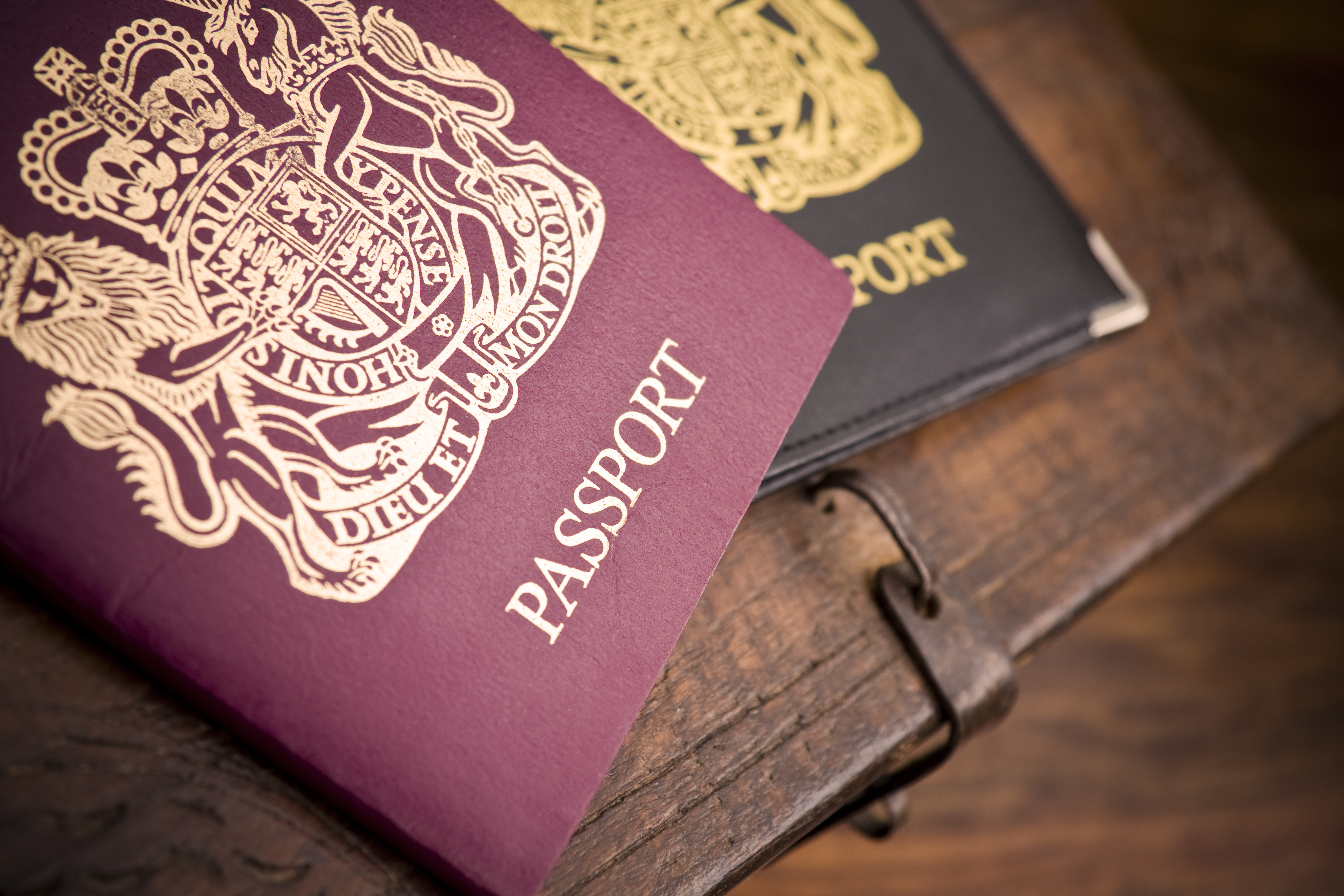UK Tax and Domicile – An Overview
Is your foreign income taxable in the UK? Whether or not you should declare and pay UK tax on your income earned abroad depends not only on which country you have ‘residence’ status in but also on your ‘domicile’ status.
If you are unsure of your UK residence status – that is, whether you are a UK resident or not for tax purposes – we have produced an easy to use version of the ‘Statutory Residence Test’, which can be found here. In this post, however, we are going to discuss how your domicile affects how you are taxed.
What does ‘domicile’ mean?
Generally speaking, your domicile refers to the country which you consider to be your permanent home. There are three different types of domicile – domicile of origin, of dependence or of choice.
Domicile of origin
When you are born, you automatically gain the status of being ‘domiciled’ wherever your parents are from.
Domicile of dependence
Until you reach the age of 16, your domicile follows that of the person to whom you are legally dependent.
Domicile of choice
From 16 onwards, an individual may acquire a new domicile. The following conditions must apply;
- You must show that you have settled permanently in the country in which you now consider yourself domiciled.
- You must show you intend to stay there for the rest of your life.
- You do not have to break your ties with your domicile of origin. For example, you may not necessarily have to become a UK citizen or passport holder, but these factors will be taken into account.
How does this affect my tax?
Your domicile only affects your UK tax liability if you are UK tax resident – if you are considered tax resident overseas, then you will only be liable for UK tax on your UK income – for example from UK property or employment income.
For UK tax-residents, the rules are more complicated;
UK resident, UK domiciled
You will be liable to tax in the UK for your worldwide income, which means both: income earned in UK and foreign income or gains. Even if the foreign income has already been taxed in another country, this will still be taxable in the UK.
However, for some countries, there are reliefs available against this double-taxation that may be claimed (the amount of foreign tax paid is offset against your UK tax liability).
UK resident, UK non-domiciled
UK resident non-domiciles can elect to be taxed in the UK in two ways;
- On the arising basis – in the same way as UK domiciled individuals
- On the remittance basis. This allows you to only pay tax on foreign income brought in to the UK. However, you lose your personal tax-free allowance and could face a fee of at least £30,000 per year, if you elect to use the remittance basis.
If you have a small amount of foreign income that is not brought into the UK, then you do not have to declare it – less than £2,000.
In summary;
| UK Resident | Non UK Resident | |
|---|---|---|
| UK Domiclied | Liable to pay UK tax on all income (UK and Worldwide) | Liable to pay UK tax on UK income. Foreign Income is not taxable in UK |
| Non UK Domiclied | Liable to pay UK tax on UK income. Foreign income is UK taxable either on the arising basis or the remittance basis | Liable to pay UK tax on UK income only. Foreign income is not taxable in UK |
As you have probably gathered, the topic of the tax on domiciled is far from simple. However, if you are still unsure about what income should you declare and what kind of relief you could be eligible for, please do not hesitate to get in touch with us.




